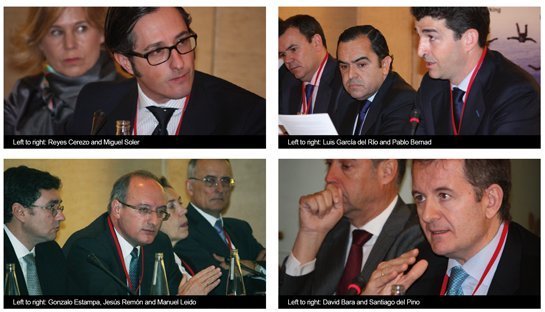As tighter legislation has been introduced, and enforcement activity is increasing, the emphasis on preventing corruption has become key, say Nick Benwell and David Bridge
From a ‘nice to have’ to a ‘must have’, compliance programmes are now to become a mandatory part of statutory law
When it comes to corporate crime, companies need to be aware of the best models to ensure compliance and avoid charges, and advisers can help
Welcome to the Iberian Lawyer email alert, bringing insight and analysis for lawyers who advise on international business interests in Spain and Portugal, as well as the increasingly global interests of Iberian businesses around the
Haz click aqui para ver el Comité de Expertos en Portugal
Session 1: Master Class Corruption has no boundaries: Who are the guardians of a company’s ethics? Alexandra ReisTabaqueira Andrew HendersonThe Red Flag Group Anne Vogdt Lidl Portugal Carlos CoelhoBanif Duarte PereiraOney Fernando GonçalvesMcDonald´s
The driver of decisions to outsource is based on the professional excellence of specific individuals, rather than the brand of a law firm, says Sergio Redondo
The future of corporate lawyers is moving towards becoming a strategic function capable of transforming legal risks into opportunities and creating sustainable businesses, agree experts















